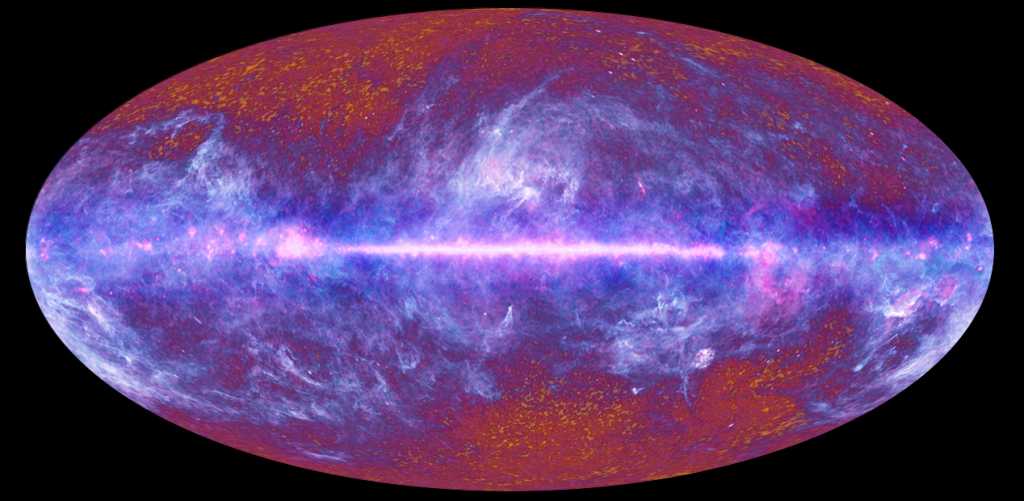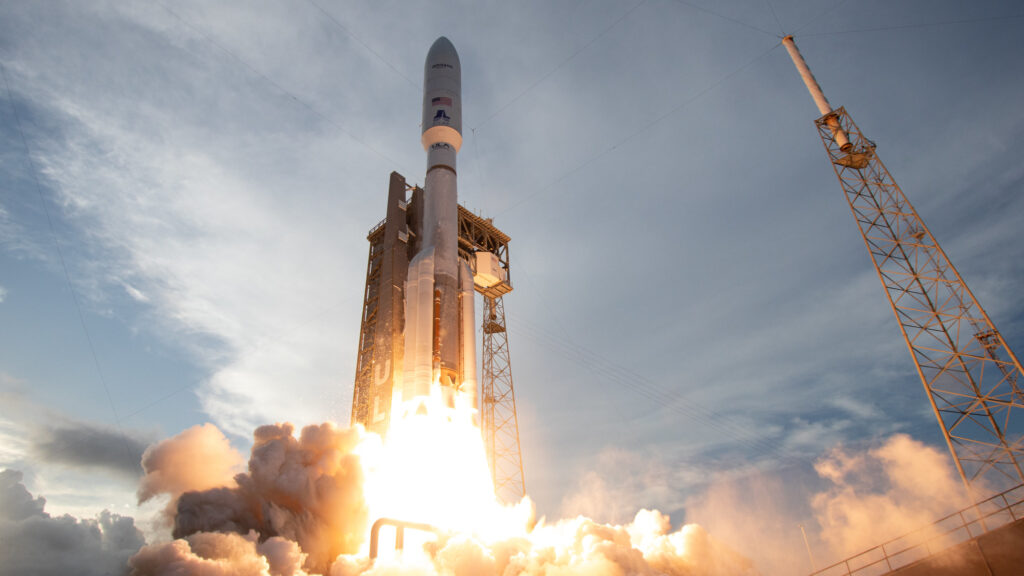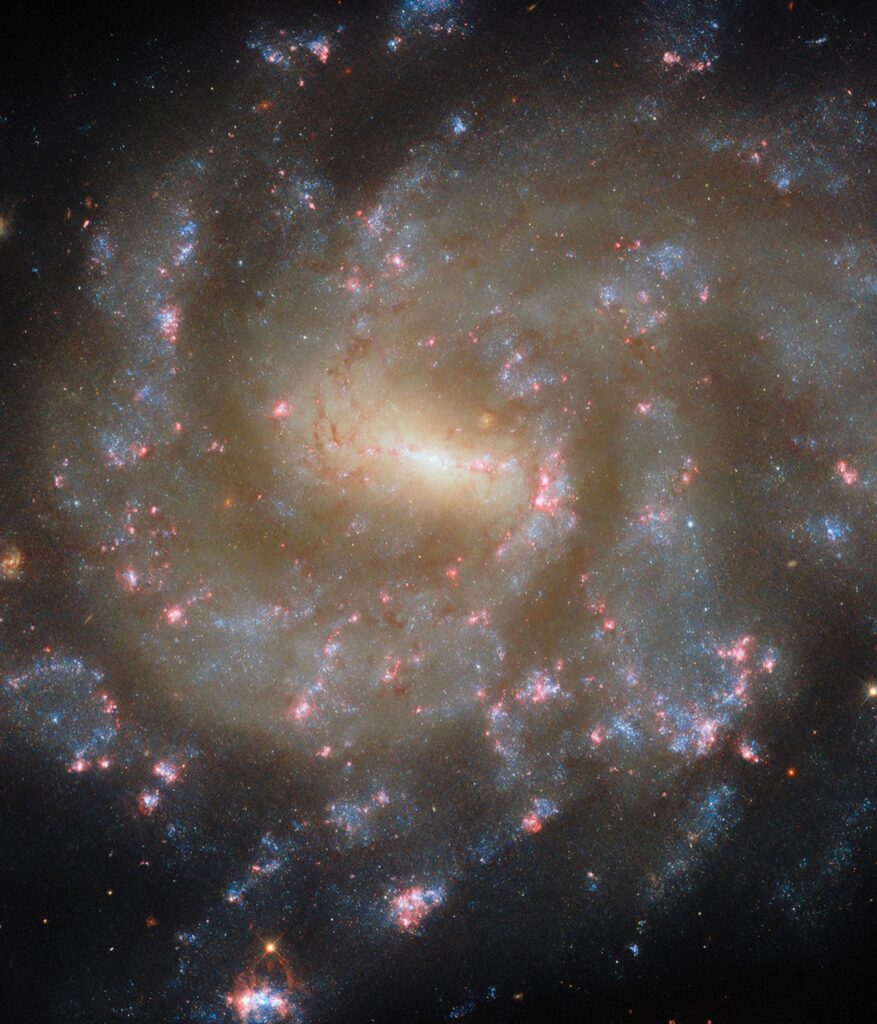A recent bill meant to facilitate NASA raising money by leasing out underused facilities went in a most unexpected direction: expanding the right to vote.
The NASA property bill was transformed into the “Freedom to Vote: John R. Lewis Act” under the Democratic leadership of the House of Representatives, seeking to undercut Republican opposition to expanding the franchise.
The act includes provisions such as turning election day into a federal holiday, allowing same-day voter registration, expanding early voting and mail voting and allowing more types of non-photographic ID for voting, according to Business Insider.

The House passed the bill on Thursday (Jan. 13) by a 220 to 203 vote, with each representative voting along party lines, according to SpaceNews.
But in the meantime, NASA is still without the ability to enter specific types of leases to generate revenue. NASA’s authority to do so lapsed on Dec. 31, which means the agency cannot establish new agreements with companies, government agencies or educational institutions to lease unused space.
Rep. Frank Lucas (R-OK), ranking member of the House Science, Space, and Technology Committee that oversees NASA activities, said he was unhappy with moving the bill from its original focus to allow the agency to enter enhanced use leases.
“Good policy doesn’t require secrecy and schemes. This is no way to govern,” Lucas said in an e-mail statement to constituents, claiming that the House had only 12 hours to vote on the matter after 735 pages were tacked on the bill.
“What’s more,” he said, “by stripping this NASA bill and replacing it with an attempt to impose federal control of elections, they have killed our only vehicle to extend NASA’s authority to lease out underutilized property and save taxpayer money.”
The Democratic representative who initially introduced the NASA leasing bill in October, however, praised the move as a way of offering expanding voting access.

In a statement released before the bill was passed, Rep. Don Beyer (D-VA) said the bill will be a counter to “attacks on Americans’ ability to exercise their right to vote.”
“Though I did not expect this outcome when I first introduced the NASA Enhanced Use Leasing Extension Act,” he added, “if my legislation will help overcome the filibuster, the Senate can finally have the long-overdue debate on voting rights this country deserves. I would be honored to make this unexpected contribution to the cause of protecting our democracy.”
The bill, also known as H.R. 5746, had quite the journey to legislation. After its introduction in October, the House voted to allow NASA once again to enter leases for the next 10 years on Dec. 8, allowing the bill to go to the Senate.
The Senate modified the bill to allow only a three-month extension for NASA, instead of 10 years, but passed it unanimously. But once the House re-received the bill under normal procedures, a new thing happened, according to SpaceNews.

Related stories:
“The Democratic leadership of the House, in an unusual move, then took the Senate-amended bill and stripped out the NASA provisions, replacing it with the text of two voting rights bills,” SpaceNews stated.
“They did so because H.R. 5746 had already passed the House and Senate,” the report added, “so the amended version could go directly to the Senate floor without the threat of a filibuster from Senate Republicans, who oppose the voting rights legislation.”
As for NASA’s leasing, that’s still up in the air. But a spokesperson for Beyer told SpaceNews that he hopes to address that issue in future legislation.
Follow Elizabeth Howell on Twitter @howellspace. Follow us on Twitter @Spacedotcom and on Facebook.


